News
Bethan McKernan
Oct 14, 2015
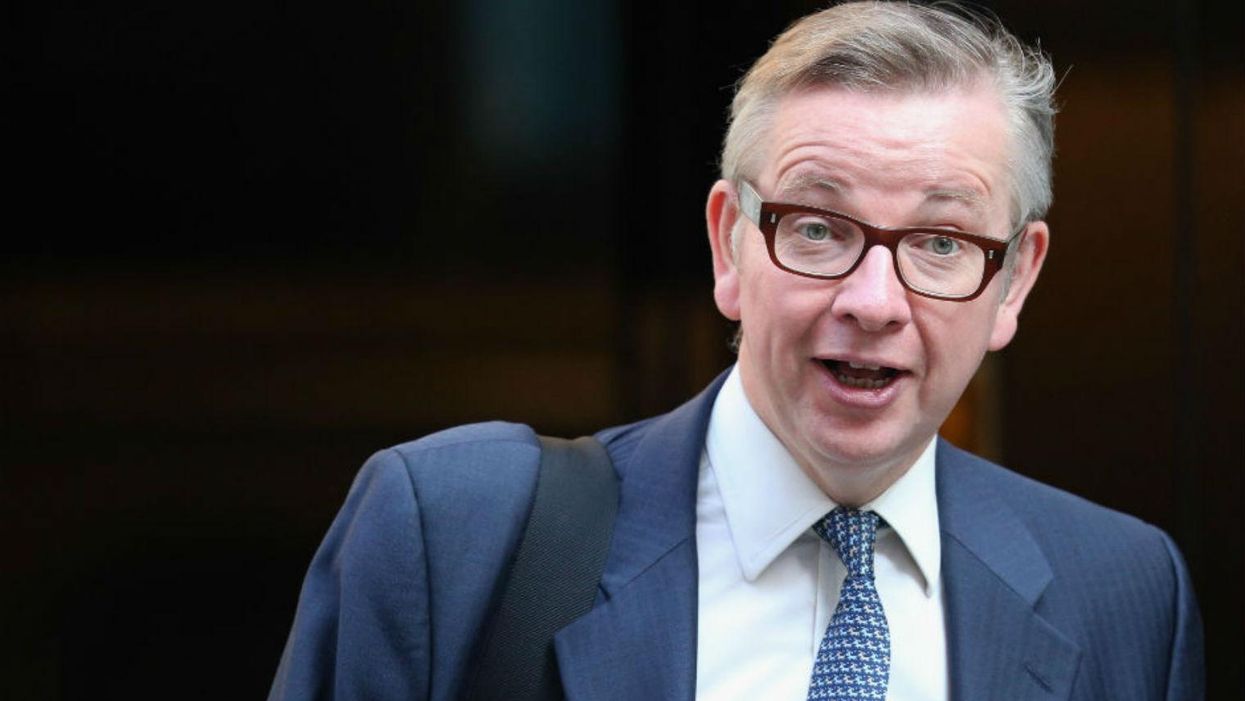
Justice Secretary Michael Gove won praise across the political spectrum on Tuesday for scrapping a lucrative government contract to run services in Saudi Arabia's prison system.
There had been widespread criticism of the £5.9m deal because of Saudi Arabia's appalling human rights record and excessively cruel penal system.
Since being elevated to the Ministry of Justice following the Tory election victory in May, Gove has been quietly undoing or stalling on the promises of his predecessor, Chris Grayling.
In just five months Gove has U-turned on:
- Grayling's hated ban on books in prison
- the 'Secure Colleges' for teenage prisoners plan, described as 'modern borstal' by critics
- the Saudi Arabia contract
- and stalled on the abolition of the Human Rights Act in favour of a British Bill of Rights
While fiercely criticised by teachers and unions during his tenure as Education Secretary and once writing that he wants to bring back the death penalty, Gove is proving to be something of a human rights champion in his new role.
Gove's next battle is likely to be dealing with discriminatory courts charges that were introduced in April.
Grayling's court charges are designed to make criminals pay for the upkeep of the courts, but campaigners sat that since it isn't means-tested, punishments for small crimes are becoming disproportionate.
In many cases, homeless people and those hit by benefits cuts who stole every items such as baby milk were being hit with fines of up to £900, which led some poverty-stricken people to plead guilty to crimes they did not commit out of fear of the cost, which is fixed at £150 if someone pleads guilty, but can rise to £1,000 if they are found guilty.
More than 50 magistrates resigned over the issue, and many that remain are now letting guilty people off from petty crimes to spare them the crippling costs - which means there is no compensation for victims of crime when someone is found not guilty, either.
One case saw a 21-year-old woman from West Yorkshire scarred after a man threw a bottle through a car window. The judge trying the case said he was unable to award compensation to the victim because he had to impose a £900 criminal courts charge on her attacker.
The House of Lords is expected to vote on a motion of regret on the introduction of the charge on Wednesday, tabled by Labour's Jeremy Beecham.
Writing ahead of the debate, Lord Beecham said:
Among the many dubious legacies bequeathed to Michael Gove by his predecessor, perhaps the most misconceived is the criminal courts charge. I only hope that Mr Gove, who has abandoned one ill-conceived project of Mr Grayling's, will do the sensible thing and urgently revise these deeply flawed regulations.
More: That time Michael Gove took on Saudi Arabia and was an unlikely human rights hero
Top 100
The Conversation (0)
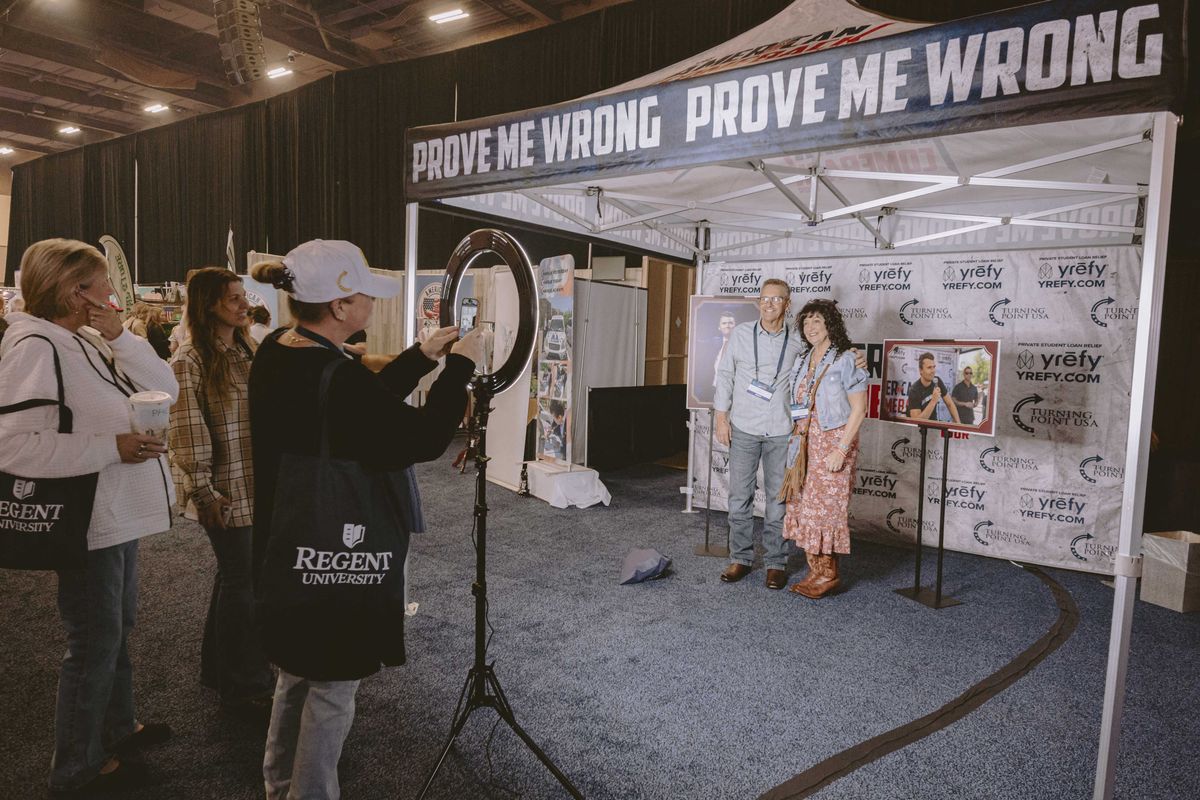





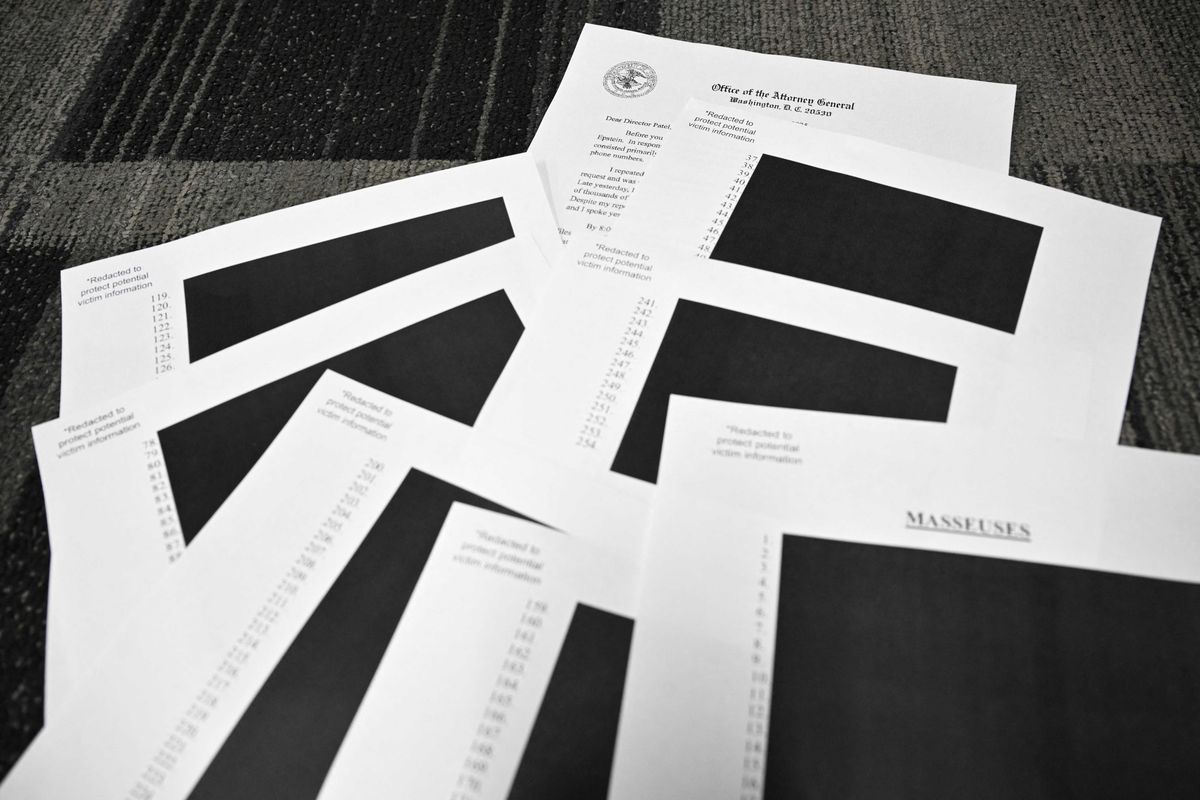
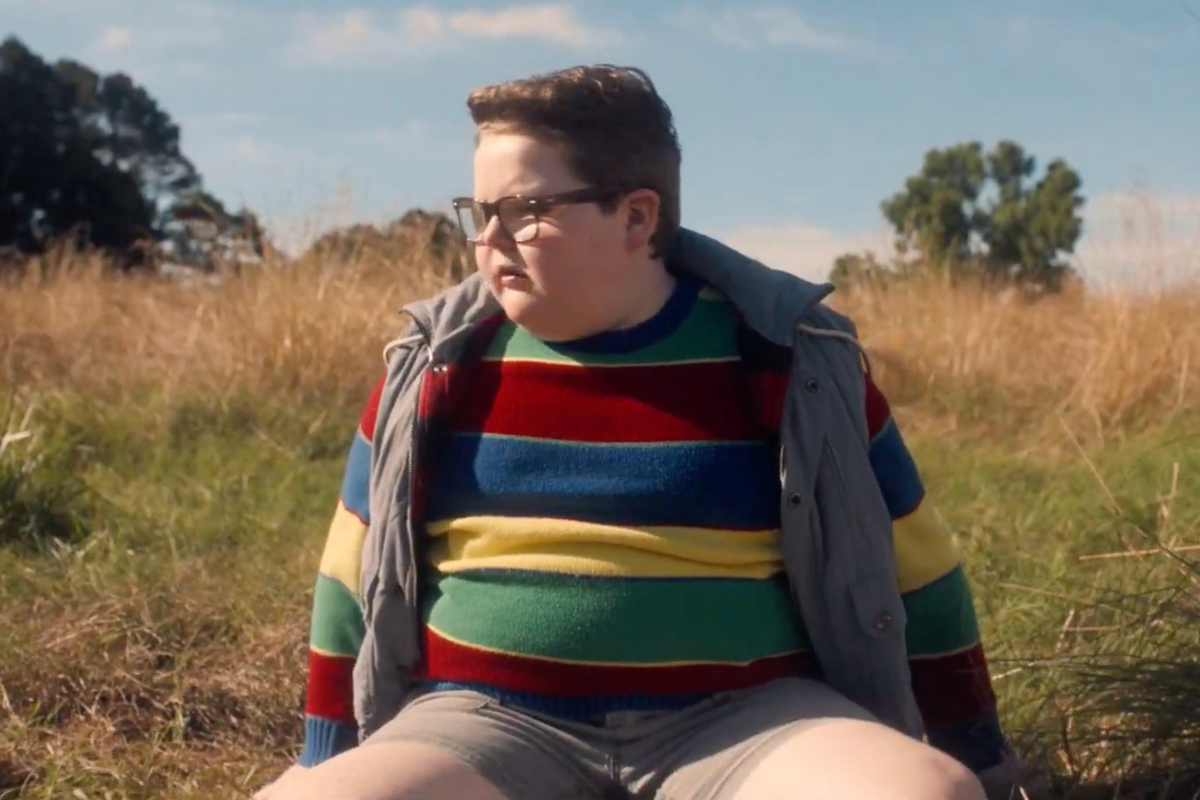



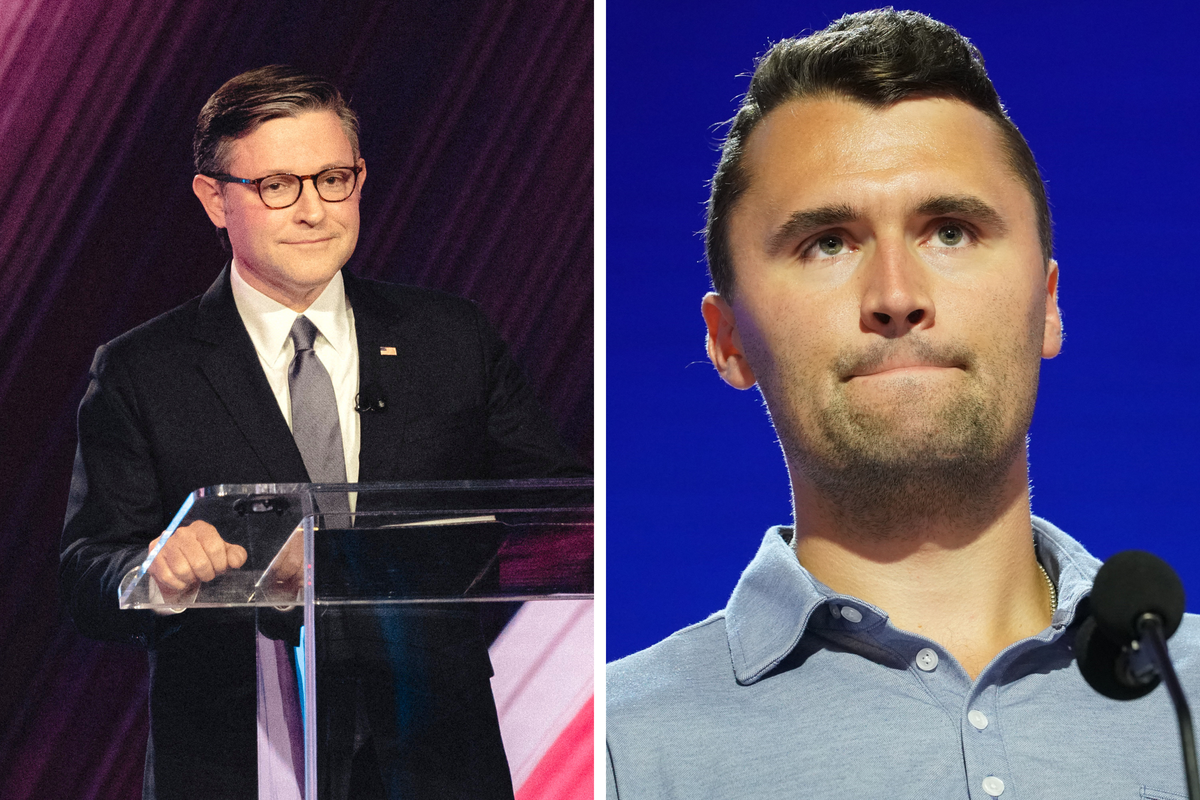

Jasmine Crockett hits back at JD Vance's 'street girl persona' jibe